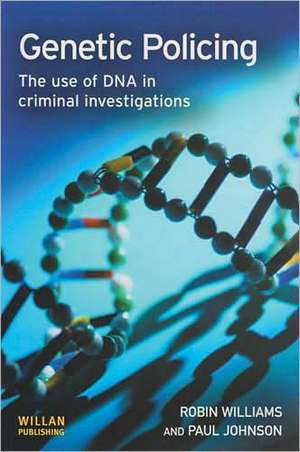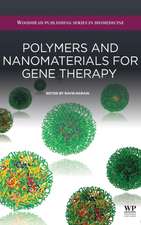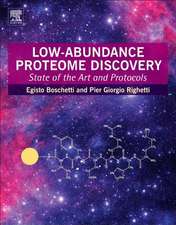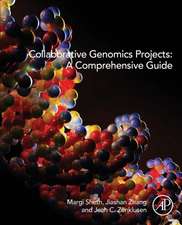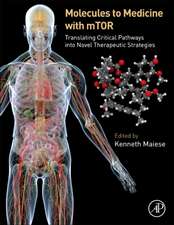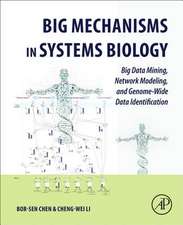Genetic Policing: The Uses of DNA in Police Investigations
Autor Robin Williams, Paul Johnsonen Limba Engleză Hardback – feb 2008
The book uses data collected during the course of Wellcome Trust funded research into police uses of the UK National DNA Database (NDNAD) to describe the relationship between scientific knowledge and police investigations. It is illustrated throughout by reference to some of the major UK criminal cases in which DNA evidence has been presented and contested.
| Toate formatele și edițiile | Preț | Express |
|---|---|---|
| Paperback (1) | 366.64 lei 6-8 săpt. | |
| Taylor & Francis – feb 2008 | 366.64 lei 6-8 săpt. | |
| Hardback (1) | 769.00 lei 6-8 săpt. | |
| Taylor & Francis – feb 2008 | 769.00 lei 6-8 săpt. |
Preț: 769.00 lei
Preț vechi: 1030.23 lei
-25% Nou
Puncte Express: 1154
Preț estimativ în valută:
147.14€ • 154.05$ • 121.76£
147.14€ • 154.05$ • 121.76£
Carte tipărită la comandă
Livrare economică 05-19 aprilie
Preluare comenzi: 021 569.72.76
Specificații
ISBN-13: 9781843922056
ISBN-10: 1843922053
Pagini: 208
Dimensiuni: 156 x 234 x 17 mm
Greutate: 0.72 kg
Ediția:1
Editura: Taylor & Francis
Colecția Willan
Locul publicării:Oxford, United Kingdom
ISBN-10: 1843922053
Pagini: 208
Dimensiuni: 156 x 234 x 17 mm
Greutate: 0.72 kg
Ediția:1
Editura: Taylor & Francis
Colecția Willan
Locul publicării:Oxford, United Kingdom
Cuprins
1. Introducing Forensic DNA Profiling and Databasing 2. The Technology of Social Order 3. From 'Genetic Fingerprint' to 'Genetic Profile' 4. Criminalistics and Forensic Genetics 5. Populating the NDNAD - Inclusion and Contestation 6. Using DNA Effectively 7. Governing the NDNAD 8. Current Developments and Emerging Trends 9. Conclusion
Notă biografică
Robin Williams is Professor Emeritus in the School of Applied Social Sciences at Durham University.
Paul Johnson is Professor of Sociology at the University of York.
Paul Johnson is Professor of Sociology at the University of York.
Recenzii
'[Makes] significant contributions to the exisiting literature on local and global practices of using genetic science in law enforcement.'
'[E]ach chapter considers specific issues in intricate detail, seamlessly weaving the many different sources and ideas to provide an informative and rich analysis of the use of DNA in policing.'
-David Wyatt, University of Exeter in Genomics, Society and Policy, vol. 6, no. 1, 2010
'[E]ach chapter considers specific issues in intricate detail, seamlessly weaving the many different sources and ideas to provide an informative and rich analysis of the use of DNA in policing.'
-David Wyatt, University of Exeter in Genomics, Society and Policy, vol. 6, no. 1, 2010
Descriere
This book focuses on developments in the UK as the world-leader in the development and application of forensic DNA technology, and in the construction of DNA databases as an essential element in the successful use of DNA for forensic purposes. It is illustrated throughout by reference to some of the major UK criminal cases in which DNA evidence has been presented and contested.
